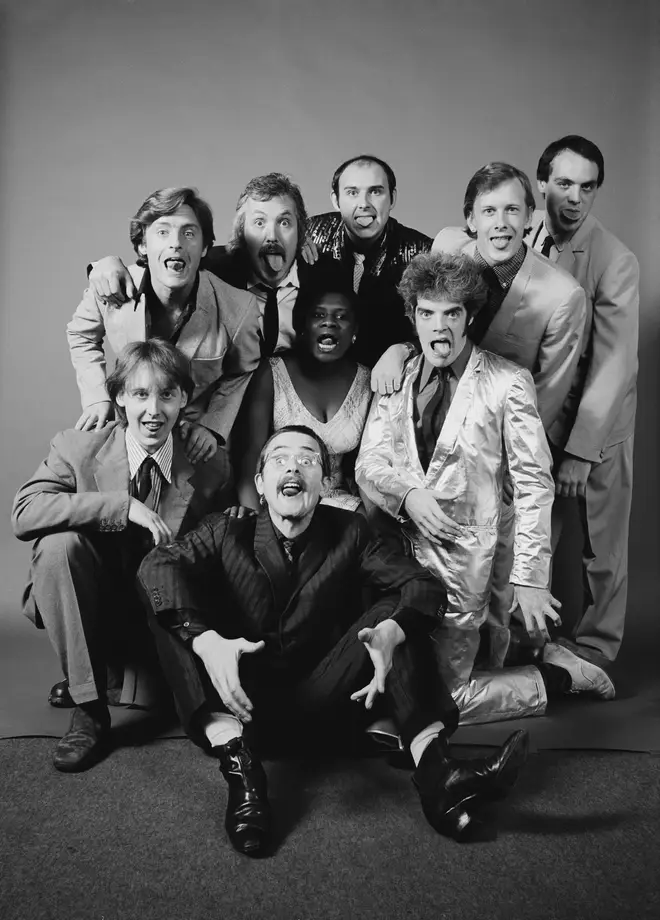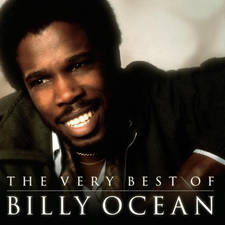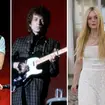Darts band: The doo-wop revivalists who rocked the charts
18 August 2023, 17:55 | Updated: 6 October 2023, 08:53

Back in the late 1970s, a handful of bands brought back the sounds of the 1950s from two decades previously, to great chart success.
Listen to this article
Darts were one such band: a nine-piece British group that revived the sound and style of doo-wop, a genre of vocal harmony music that originated in the 1950s among African American communities.
Doo-wop songs typically featured a lead singer and a backing group that sang nonsense syllables, such as “doo-wop, doo-wah”.
Darts combined this retro sound with elements of rock and roll, R&B, and pop, creating a unique and catchy musical blend that appealed to audiences in the late 1970s and early 1980s.
The band was formed in 1976 by four former members of Rocky Sharpe and the Razors, a doo-wop group that had some minor success in the UK.

Darts - The Boy From New York City (1978)
They were Den Hegarty (bass vocals), Griff Fender (tenor vocals), Rita Ray (alto vocals), and Horatio Hornblower (baritone vocals). They recruited five more musicians to complete the line-up: Iain “Thump” Thomson (bass guitar), George Currie (lead guitar), John Dummer (drums), Hammy Howell (piano), and Bob Fish (falsetto vocals).
Darts quickly gained popularity in the London club scene, where they impressed audiences with their energetic and humorous performances.
They also attracted the attention of radio DJ Charlie Gillett, who invited them to his show on BBC Radio London in October 1976. This led to a recording contract with Magnet Records, where they worked with producer Tommy Boyce, who had previously produced The Monkees.
The band’s debut single was a medley of two classic doo-wop songs: 'Daddy Cool' by The Rays and 'The Girl Can’t Help It' by Little Richard. It was released in November 1977 and reached number six on the UK Singles Chart.
This was followed by more cover versions of oldies, such as 'Come Back My Love' by The Wrens, 'The Boy from New York City' by The Ad Libs, and 'Duke of Earl' by Gene Chandler (produced by Wizzard's Roy Wood). All of these songs reached the top 10 in the UK, with 'Come Back My Love', 'The Boy from New York City', and 'It’s Raining' (an original song written by Griff Fender) all peaking at number two.

Darts also released three albums during this period: Everyone Plays Darts (1978), which reached number two on the UK Albums Chart; Darts Across America (1979), which was recorded live in Los Angeles; and Dart Attack (1980), which featured more original songs and a cover of The Four Seasons’ 'Let’s Hang On!', which was their last top 10 hit.
The band’s success began to decline in the early 1980s, as musical tastes changed and doo-wop became less fashionable.
The band also underwent several personnel changes, with Hegarty, Currie, Fish, and Dummer leaving the group. They were replaced by Kenny Andrews (vocals), Duncan Kerr (guitar), Keith Gotheridge (drums), and Rob Davis (guitar). Davis later left to pursue a career as a songwriter and producer, working with artists such as Kylie Minogue and Sophie Ellis-Bextor.
Darts disbanded in 1985, after releasing their final album, The Amazing Darts. Some of the members continued to perform in various projects, such as Rocky Sharpe and the Replays, Rita Ray’s Soul Train, and The Den Hegarty Skiffle Band.
In 2006, Darts reunited for a series of concerts, and they also released a compilation album, The Platinum Collection, which featured their greatest hits and some rare tracks.

Darts - Daddy Cool (TopPop) (1977) (HQ)
Darts were one of the most successful and influential bands of the doo-wop revival movement, which also included groups such as Sha Na Na, Showaddywaddy, and The Rubettes.
They brought back the fun and nostalgia of the 1950s to a new generation of listeners, while adding their own flair and originality.
They also demonstrated their versatility and talent as singers, musicians, and songwriters. Darts were more than just a novelty act; they were a band that rocked the charts with their doo-wop style.













